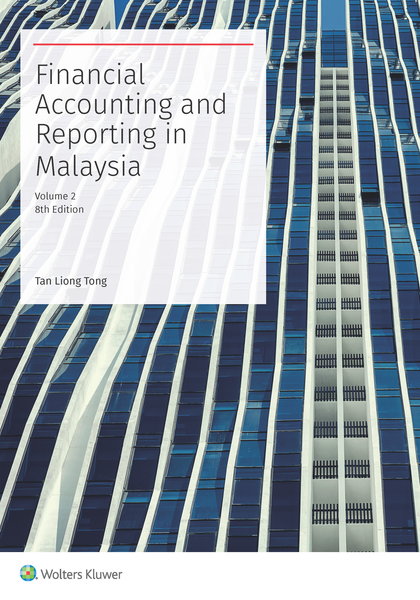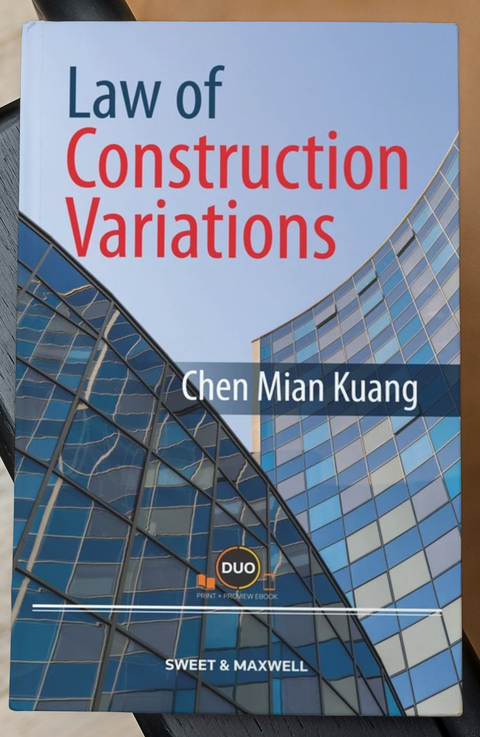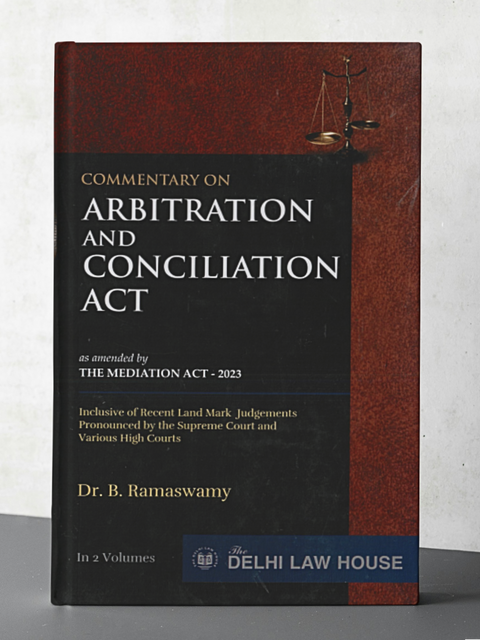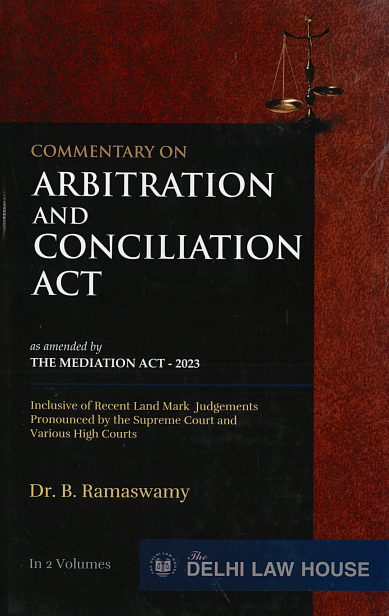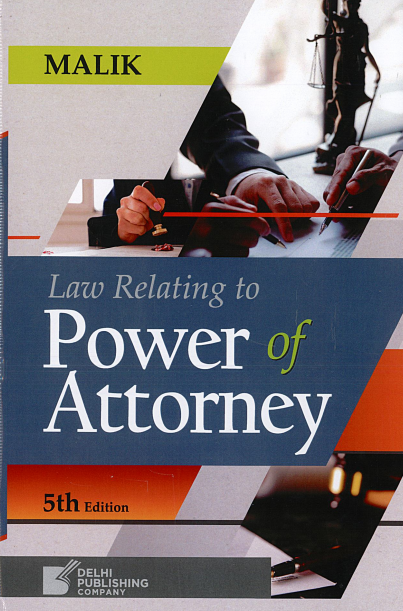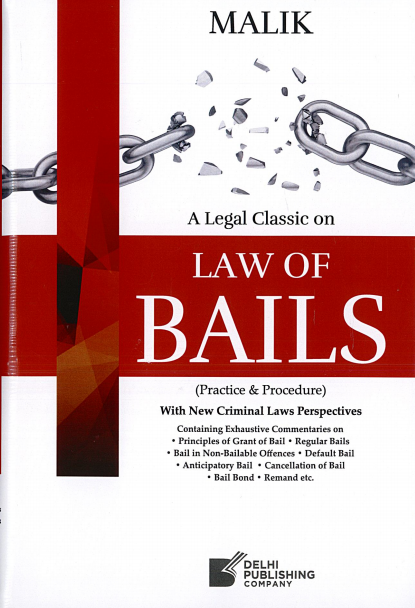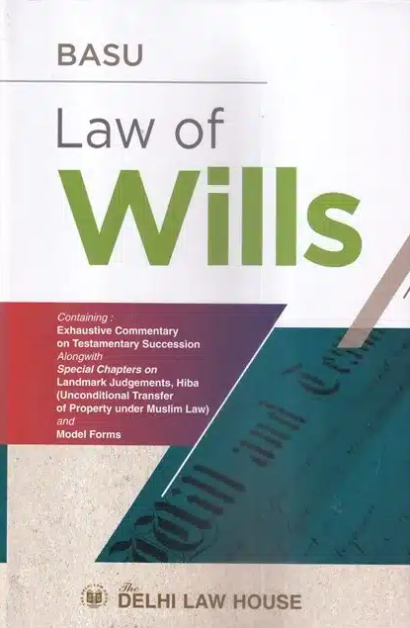



Commentary on Law of Defamation, Damages, Malicious Prosecution, 8th Ed | 2022
Commentary on Law of Defamation, Damages, Malicious Prosecution, 8th Ed | 2022
| Author | Mehrotra |
| Publication Date | 2022 |
| ISBN | 9789388918350 |
|
Format |
Hard Cover |
| Publisher | Delhi Law House |
Jurist Blackstone noted that "every man is entitled to have his reputation preserved inviolate." Reputation is built on the opinions of others, which are formed through communication and the exchange of thoughts and information. Essentially, reputation is the enjoyment of good opinion from others. Therefore, the right to maintain one's reputation means the right to keep it intact and unblemished. After life itself, reputation is what a person values most.
Defamation refers to the act of harming a person's character, fame, or reputation through false and malicious statements. The term encompasses both libel and slander. Defamation has become a pressing issue, particularly with the rise of widespread communication in recent times. Article 19(1) of the Constitution of India addresses this concern. According to Winfield, defamation is the publication of a statement that lowers a person in the estimation of right-thinking members of society or causes others to shun and avoid that person. Salmond describes defamation as the publication of a false and defamatory statement about another person without lawful justification. In 1975, the Faulk Committee in England stated that defamation consists of the publication to a third party of material likely to adversely affect a person's reputation in the eyes of reasonable people.
Odger, in his book "Defamation," asserted that no one has the right to disparage or destroy another's reputation. Every individual has the right to have their good name preserved, a right that is absolute and enforceable against everyone. Words that cause significant harm to another's reputation are considered defamatory, and if those words are false, they are actionable.
The term "defamation" is derived from the Latin word "diffamare," meaning to spread a harmful report about someone. Defamation is closely tied to one's reputation. It is defined as a publication, without justification or lawful excuse, intended to damage another's reputation by exposing them to hatred, contempt, or ridicule. Thus, a false statement made to discredit someone constitutes defamation. The Law of Defamation, like other areas of tort law, seeks to balance the interests of the parties involved. It balances a person's right to protect their reputation against the right to freedom of speech. The law also provides defenses against defamation, such as truth and privilege, which safeguard the right to free expression. Defamation typically involves a statement that exposes someone to hatred, ridicule, or contempt. However, defamation is best understood by considering the right that the defamatory statement allegedly infringes upon.
Defamation is both a civil and criminal wrong. While the criminal law on defamation is codified under Sections 499 to 502 of the Indian Penal Code, 1860, civil defamation law falls under the Law of Torts and is not codified. The distinction between civil and criminal defamation is largely conceptual.
This treatise critically examines the current state of defamation laws and the role of judicial intervention. We have made every effort to present a clear picture of the prevailing law. In light of the growth of electronic communication and social media platforms, this book extensively covers issues related to cyber defamation. Recent judicial precedents are also included throughout the text, and a detailed Subject Index is provided at the end of the book for easy reference. We hope this work will once again be successful in its aim.
Find more books like Commentary on Law of Defamation, Damages, Malicious Prosecution, 8th Ed: Indian Titles
Latest releases
Get your copy today!










